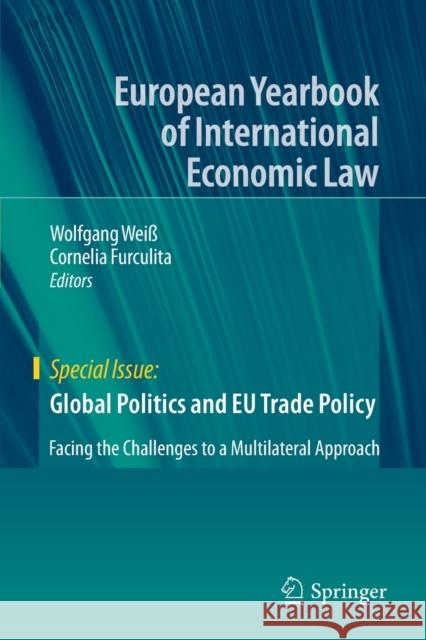Global Politics and Eu Trade Policy: Facing the Challenges to a Multilateral Approach » książka
topmenu
Global Politics and Eu Trade Policy: Facing the Challenges to a Multilateral Approach
ISBN-13: 9783030345907 / Angielski / Miękka / 2021 / 284 str.
Global Politics and Eu Trade Policy: Facing the Challenges to a Multilateral Approach
ISBN-13: 9783030345907 / Angielski / Miękka / 2021 / 284 str.
cena 642,56
(netto: 611,96 VAT: 5%)
Najniższa cena z 30 dni: 616,85
(netto: 611,96 VAT: 5%)
Najniższa cena z 30 dni: 616,85
Termin realizacji zamówienia:
ok. 22 dni roboczych.
ok. 22 dni roboczych.
Darmowa dostawa!
Kategorie:
Kategorie BISAC:
Wydawca:
Springer
Język:
Angielski
ISBN-13:
9783030345907
Rok wydania:
2021
Wydanie:
2020
Ilość stron:
284
Waga:
0.41 kg
Wymiary:
23.39 x 15.6 x 1.57
Oprawa:
Miękka
Wolumenów:
01
Dodatkowe informacje:
Wydanie ilustrowane











